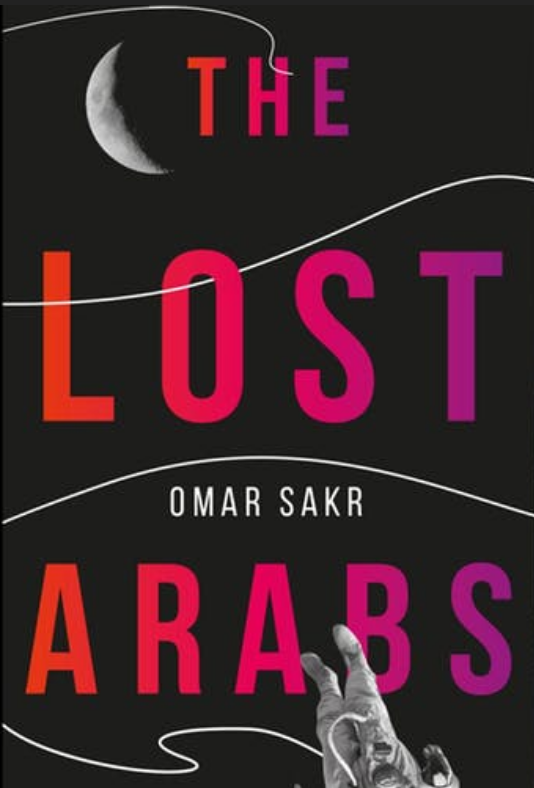The Lost Arabs by Omar Sakr is a fascinating poetry collection in which metaphors, cruel realities, sexual guilt, sadness and beauty all blend in creative and tantalising lines. Poignant words of suffering, war, sex and sin lead the reader into a known and unknown life. In the poem titled how to destroy the body slowly the reader enters into the pain and pleasure of Sakr’s words,
“Breathe deep the image
Of the burned body, the spilled
Viscera, the obvious cartilage.
Swallow all the dead children.
Feast your eyes on ruin,
The lunar landscapes of war …”
From various poems there emerges a sense of an intense need to obtain acceptance for the attraction to men. Sakr has us consider that in this life we all want to be accepted as we are, but sometimes we do not meet the expectations of our parents. Relationships are rarely easy between parents and their children; sometimes parents’ love and what they want from their children can be suffocating. In the following passage from the poem Sailor’s Knot, the poet brings to light that conflict:
“… Now between us: borders,
a gulf of time. When I call —
but I don’t ever call — she says,
“My son, a lifetime of never submitting,
Not any man or god, yet the angels
I can feel them dancing on my skin.
Who’s laughing now? It’s true, we all knew she had a heart of gold.”
The voice in the poems regale with some funny moments and warm-hearted hopes. Some of these passages have edges as sharp as new knives while others are soft as freshly fallen snow. This persona also negotiates dilemmas around culture and religion.
Sakr has the ability to utilise language in a very imaginative way, as seen in the following excerpt from Arabs in Space, where the writer shares how his auntie became pregnant at age thirteen, he writes:
“My auntie arrived in Australia a little Lebanese
girl. She said it was still a time of milkmen
then, of creamy bottles left on doorsteps.
She was not bullied as she learned
English. She dropped out in Year 8
at thirteen years of age
so maybe she got lucky.”
Throughout this book, the poet proposes and asks questions which bring to mind some of the old philosophical questions. Do we have any certainty about what we perceive? Can we trust our senses, our thoughts? Certainty … can we achieve it? We search for it at least, sometimes through a god, through sins, through race and others through poetry, like Sakr.
Being born, being dead, being surrounded by mountains or by the bush – the existential angst is present in many of the poems in The Lost Arabs. Furthermore, time, place, the domestic, the ordinary, the small actions that we carry out every day, Sakr turns into poetry.

Some of the poems in the collection are profound and touching. The richness of the past, old people’s memories, the pain and pleasure of migration, are all made poetry with a very skilled penmanship. The I in the poems is complex, the I fights and treasures memories, analysing them and transforming them in strong lines full of meaning, like in the following excerpt from Instead, Memory:
“ii
I strip back my flesh my bloody ego.
Come meet me at the juncture of knee & history.
here my bestial memories cluster
in glorious hymnal each beak and snout
and jowl closeting secret, an ordinariness,
a child, a lust. I rule over them, an abject king,
an ungovernable queen with a heel on every
throat. Don’t listen to me. Hear the humming
insects digging in, which is the sound of Mum
gargling in the kitchen snorting a line straight out of this suburban kingdom
and into a place of her own.”
Some poems in the collection are imbued with the conscious and unconscious issues that go hand in hand with homosexuality/ bisexuality. Sometimes the reader will encounter anger in the voice of the narrator, the writer observing the world, both the real and the imaginary; he is judge and jury, but also defendant. What an interesting collection of poetry! I highly recommend it, not only to enjoy, but to ponder and reflect upon.
